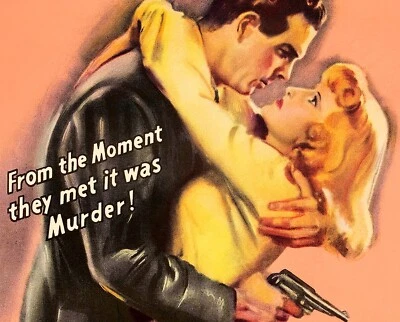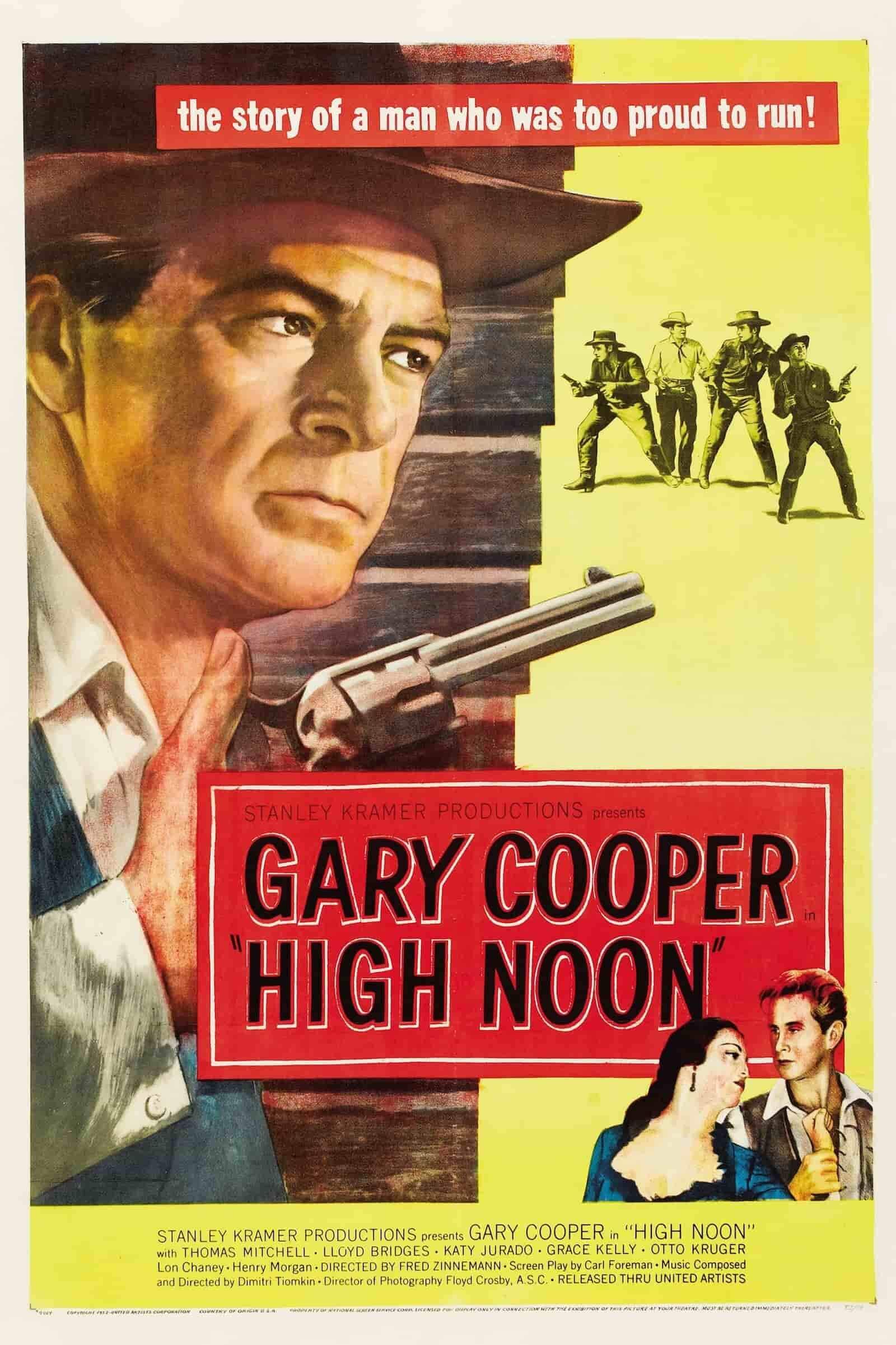 True confession time. I have a horrible nervous habit — reaction? — when someone falls. I’ve struggled with it my entire life, but try as I might, I can’t change my behavior. Believe me, I’ve tried.
True confession time. I have a horrible nervous habit — reaction? — when someone falls. I’ve struggled with it my entire life, but try as I might, I can’t change my behavior. Believe me, I’ve tried.
What is this awful flaw?
Let me preface this by saying, I feel all the correct emotions, hoping the person who fell is not seriously hurt, didn’t break a bone, or worse. I’m deeply concerned about their wellbeing — I really am — but the uncontrollable laughter that wells from deep inside me counteracts any genuine feelings I try to convey. It’s terrible for the person who fell. It’s even worse for me, because it’s not an accurate portrayal for how I feel in the moment. But I can’t stop laughing.
How would you handle a character with a flaw like mine?
Readers would hate an MC who laughs when someone falls. It’s so inappropriate, many wouldn’t care how the character felt inside. Even my mother had a difficult time dealing with my nervous habit, especially since I’m a very even, calm, happy-go-lucky person. Not an overly serious one, though. Which may be part of the problem. If we don’t laugh, we cry, right? Perhaps it’s a survival instinct.
Hmm…
Or maybe, it’s because of my lighthearted nature that when something shocks me like a fall, it throws me into a mental tailspin. Uncontrollable belly-laughter is the result. The worst part? The more I love the person, the harder I laugh. For a long time, I thought there was something seriously wrong with me. Only a sadist would laugh at a time like this.
Since this happened again recently — thankfully, the loved one who fell has the same flaw — it drove me to find answers.
On Quora, someone asked the question, “Why can’t I control my laughter when someone falls?”
A psychology student responded:
“Laughter is a parasympathetic response which calms the nervous system down and often occurs in situations of relief (people engage in nervous laughter to try to calm themself down). The laughter can force you to engage in rapid diaphramatic breathing (belly laughing), which stimulates other parts of the parasympathic nervous system, creating a calming effect.”
Ah-ha! It’s an empathetic response. I felt somewhat better, but I needed more. So, I dug deeper and found an article in Scientific American entitled, Why Do We Laugh When Someone Falls?
William F. Fry, a psychiatrist and laughter researcher at Stanford University, explained:
EVERY HUMAN develops a sense of humor, and everyone’s taste is slightly different. But certain fundamental aspects of humor help explain why a misstep may elicit laughter.
The first requirement is the “play frame,” which puts a real-life event in a nonserious context and allows for an atypical psychological reaction. Play frames explain why most people will not find it comical if someone falls from a 10-story building and dies: in this instance, the falling person’s distress hinders the establishment of the nonserious context. But if a woman casually walking down the street trips and flails hopelessly as she stumbles to the ground, the play frame may be established, and an observer may find the event amusing.
Exactly! I would never laugh if someone fell from a 10-story building and died. Strangely, I also don’t laugh if animals or the elderly fall. My brain must deem that more serious. Everyone else is fair game. Including me, by the way. All it takes is one little smirk from an onlooker and I die laughing.
Another crucial characteristic is incongruity, which can be seen in the improbable or inconsistent relation between the “punch line” and the “body” of a joke or experience. Falls are incongruent in the normal course of life in that they are unexpected. So despite our innate empathetic reaction—you poor fellow!—our incongruity instinct may be more powerful. Provided that the fall event establishes a play frame, mirth will likely ensue.
And you thought I was a terrible person. Shame on you. 😉
Play frames and incongruity are psychological concepts; only recently has neurobiology caught up with them. In the early 1990s the discovery of mirror neurons led to a new way to understand the incongruity aspect of humor.
When we fall down, we thrash about as we reach out to catch ourselves. Neurons in our brain control these movements. But when we observe another person stumbling, some of our own neurons fire as if we were the person doing the flailing—these mirror neurons are duplicating the patterns of activity in the falling person’s brain.
My hypothesis regarding the relevance of this mechanism for humor behavior is that the observer’s brain is “tickled” by that neurological “ghost.” The observer experiences an unconscious stimulation from that ghost, reinforcing the incongruity perception.
Thank you, Doctor! Still, it’d be a tough flaw to give a character. The only way to handle it would be to show how awful the character felt about laughing. Even then, I don’t know if it’s enough.
What do you think? Is all inappropriate behavior a tough sell, or does it make the character more relatable?
For the brave souls among us, do you have a similar flaw? What is one thing you’d change about yourself if you could?


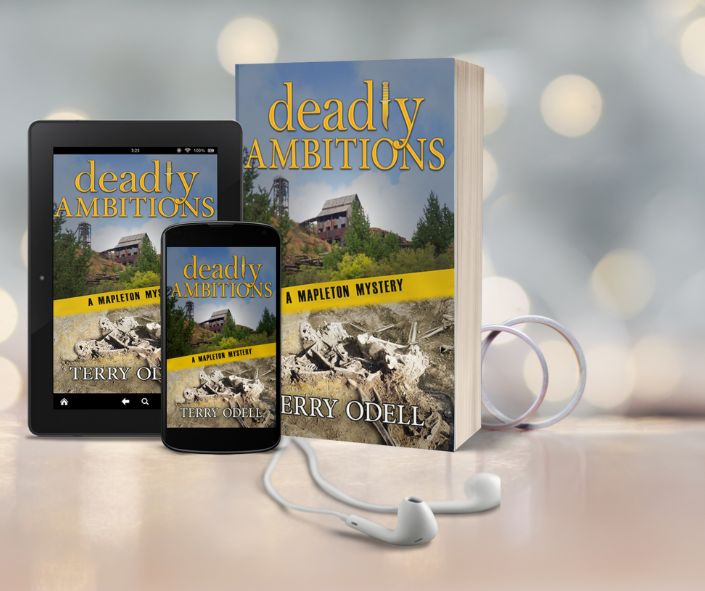
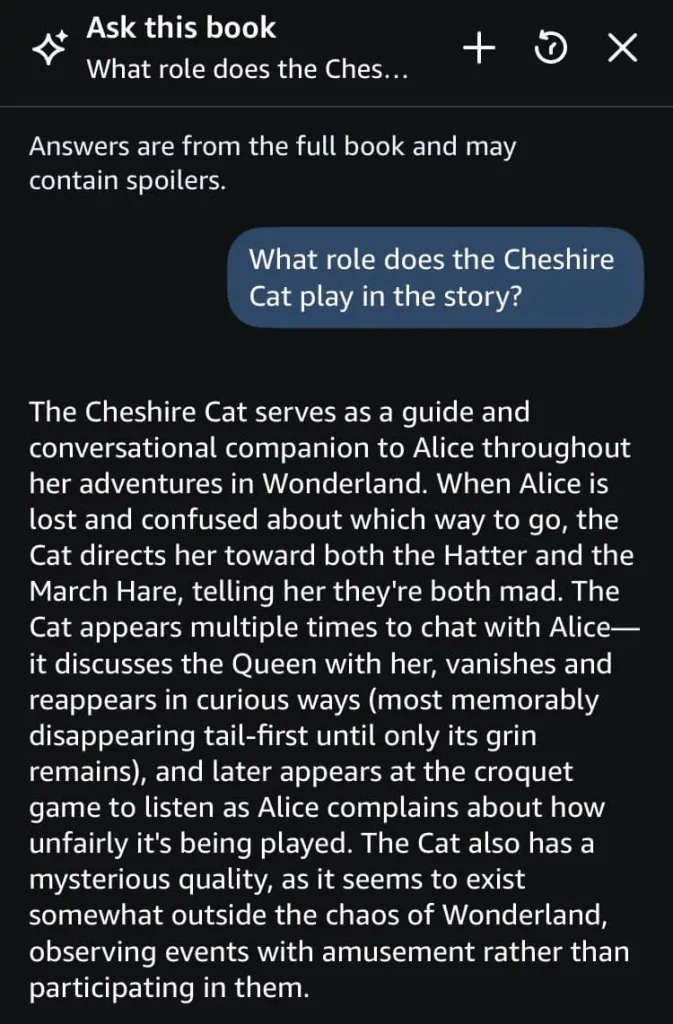
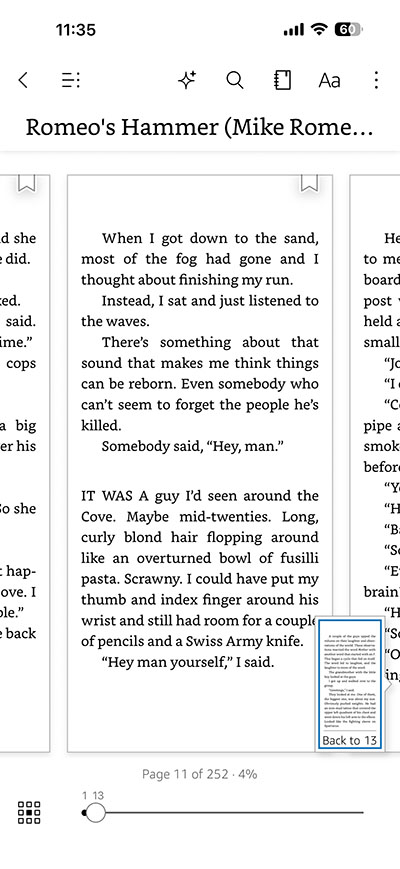
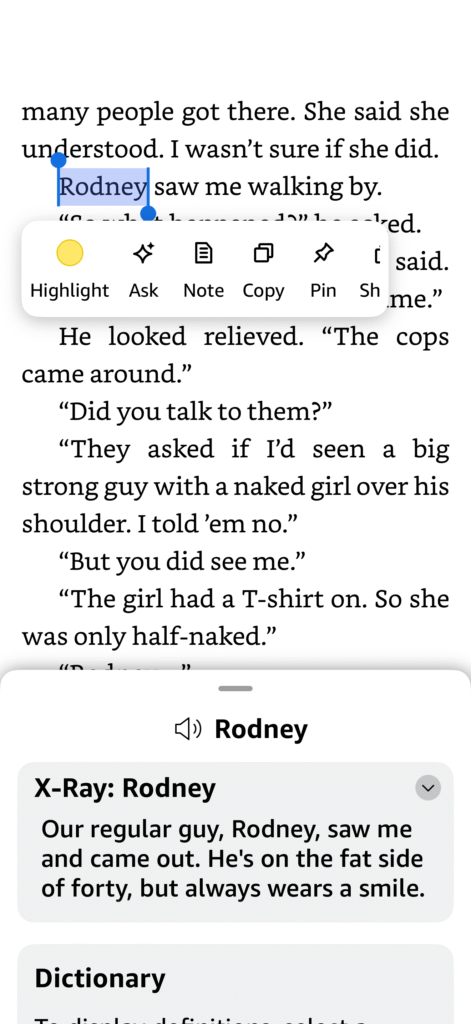
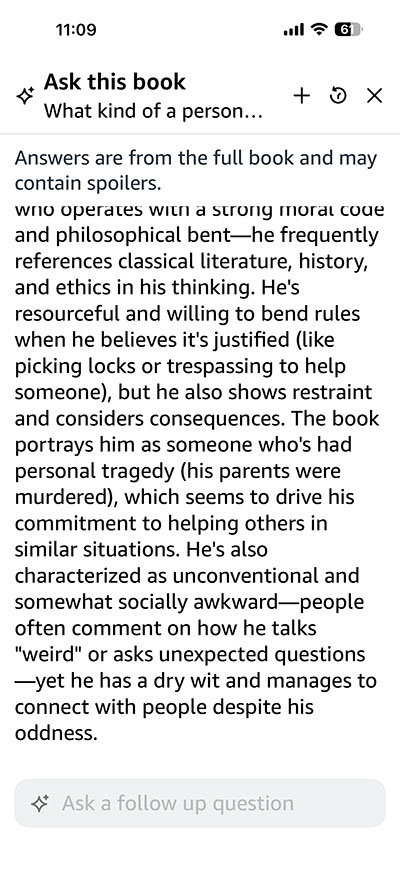
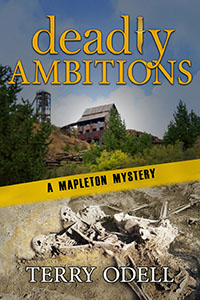






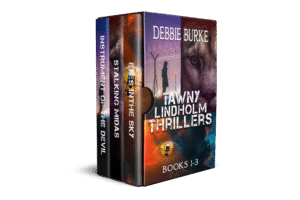
 Spoiler: It ain’t quick and it ain’t easy.
Spoiler: It ain’t quick and it ain’t easy.

